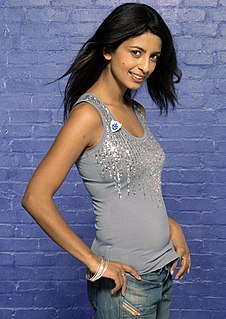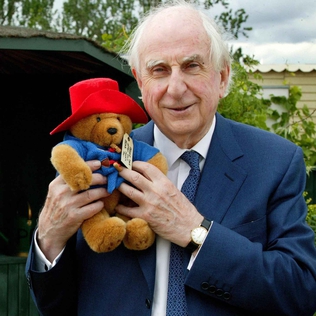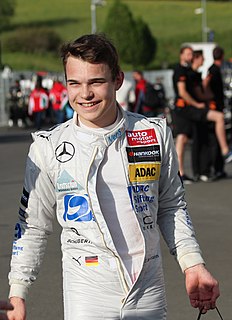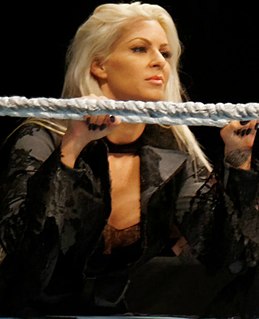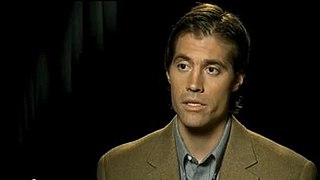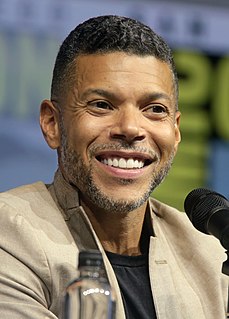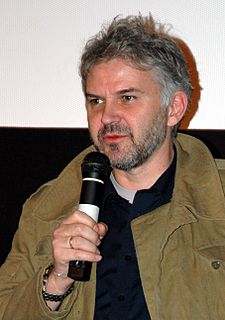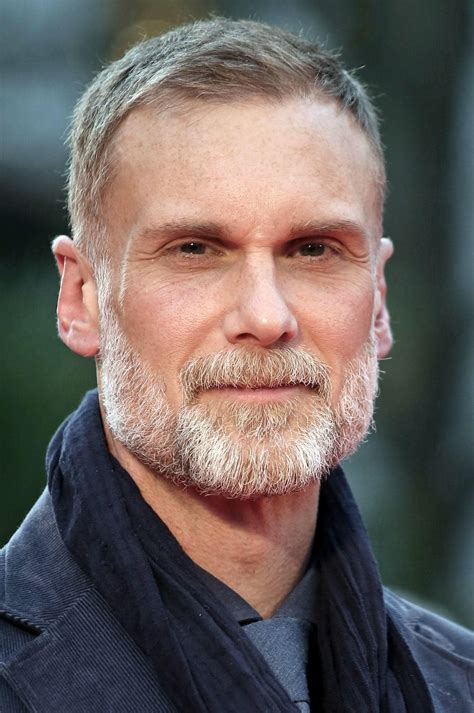A Quote by Konnie Huq
An experience that shaped me happened early in my TV career when I filmed in Mozambique, Angola and Bangladesh for 'Blue Peter' and Comic Relief. Places with extreme poverty. When you see that first-hand as a young person, you take it with you for life.
Related Quotes
I worked on 'Blue Peter' and 'Tonight' and lots of TV plays, filmed people like Rudolf Nureyev and Ted Heath, and ended up a senior cameraman with my own crew. I'd had my first short story published in 1947, and when my writing really started to take off I decided to go freelance, and eventually left the BBC in 1965.
I think it's just been a core part of the Cuban revolution to have a very high level of internationalism. I mean, these cases you've mentioned are cases in point, but the most extreme case was the liberation of Africa. Take the case of Angola for example, and there are real connections between Cuba and Angola-much of the Cuban population comes from Angola.
What's most striking is that the world as a whole has made remarkable progress against hunger, poverty and disease. I believe in God, and I see that hundreds of millions of people have escaped from poverty in places like Ethiopia, Bangladesh, Brazil and Britain. That's why, for me, it makes sense that this is God moving in our history.
Since I've left 'Blue Peter' I've presented all sorts of different things. I've done a music show, for instance, and 'Blue Peter' had music on it. I've done a politics show, but on 'Blue Peter' I interviewed the Prime Minister. I've done travel stuff where I've gone abroad, but 'Blue Peter' had that within it as well.
If you were to turn on the TV in 1986, '87, you wouldn't see anybody having, I guess, a low-to-middle-income person of color experience. And you definitely wouldn't have a young LGBT person or their story told. The experience of being invisible in our culture has ramifications that I don't think any of us can really understand.
On one hand, prostitutes don't struggle because it's simply their life. In Mexico and elsewhere, once they get out of these places [brothels] they have a pretty square life. In Bangladesh it's different because they live in the brothel, it's sort of a prison, but still there are two sides. When they think of their religion and their upbringing, they can be very moralistic. They're moralistic about giving blow jobs. On the other hand, they have an everyday life where there's no room for shame.
If you're a prostitute, this is your day: You party, you have customers until four or six in the morning, then you sleep. You wake at noon, watch soaps on TV, take two or three hours to fancy up yourself, and then you start waiting for customers. That's your life. And some days no customers come. There's no party. There's nothing. You sit there and wait. If you're educated you can read books, but in Bangladesh and most other places you watch TV or listen to music or cook.
